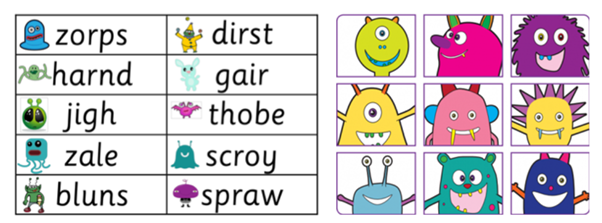‘Phonics gives children the key to unlocking this alphabetic code for their reading and spelling.’

At Warren, we intend to provide all children with the skills necessary to become fluent readers. We recognise reading as a life skill, which is the cornerstone to access the rest of the curriculum. We aim for all children to have a secure understanding of Phase 2 and 3, become successful, fluent readers by the end of Key Stage 1 and develop a lifelong love of reading as they move through school. Children will learn key phonological skills and develop skills in segmenting and blending to complete the phonics screening check at the end of Year 1. Children will also learn tricky words and High frequency words.
Phonics is taught daily through the Little Wandle Phonics SSP. Children in Foundation 1 to Year 2 are taught for a minimum of 30 minutes every day. Children in Key Stage two also access Phonics is this is required. Daily keep up sessions provide additional support where need to accelerate progress.


Children are taught pure sounds, which can be practiced at home using the sound mats in your child’s reading diary.
Here is a link to the parent’s section of the Little Wandle website. This is full of helpful videos on how we teach Phonics and to pronounce sounds.
https://www.littlewandlelettersandsounds.org.uk/resources/for-parents/
Children will be given a book to read at home, this will be changed weekly. These books follow the exact teaching sequence that is used in school which enables us to ensure that children are only given books which contain the sounds that they have been taught and know. Children are only moved up to the next reading band when they know all the sounds in that band. We use the Little Wandle assessments to check this. These books should be read several times to build fluency and confidence. Your child will read at least once a week with the class teacher or teaching assistant.
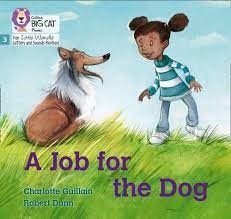
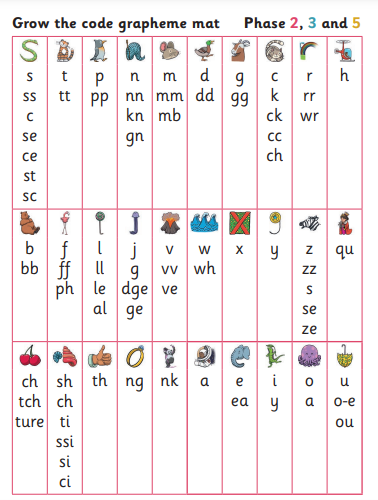
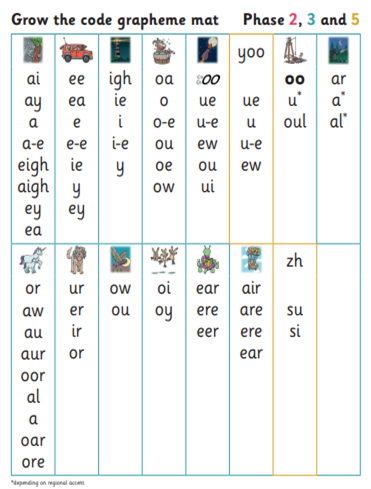
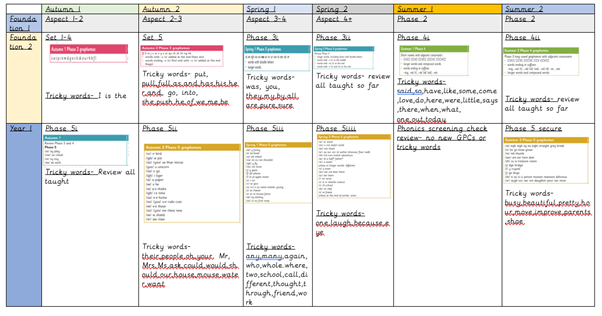
Every June, every Year 1 across the country will sit a ‘Phonics screening check’. This is a statutory check that is completed on a 1 to 1 basis by the class teacher. It is a quick check and is helpful to check your child’s phonics knowledge and to ensure they make the expected progress in year 1.
Each half term, Year 1 children will complete ‘practice mock checks’ in order to become familiar with the process but also for us to confirm progress.
Children will read 20 real words and 20 psuedo words. ‘Psuedo’ words are presented to the children, again to check phonological awareness. These are made up words which include phonemes that children should be able to identify, blend/segment. Children are familiar with pseudo-words because we use them every day in our Phonics lessons. They are important to include in the screening check because words such as ‘vap’ or ‘jound’ are new to all children. Children cannot read the non-words by using their memory or vocabulary; they have to use their decoding skills. This is a fair way to assess their ability to decode.
We will let you know how your child got on with the screening check at the end of Year 1. If they found it difficult, we will talk to you about what we can do in school and at home to help support them in their next steps. Children who do not reach the expected level in Year 1 will retake the Phonics screening check in Year 2.
